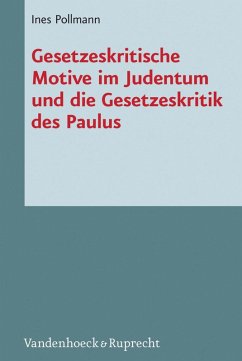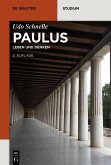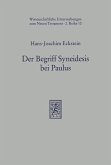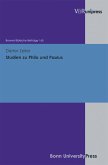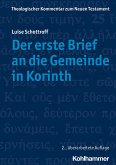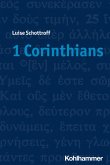Were there any potential law critical motives in Jewish texts from which Paul could pursue linguistically and factually? Ines Pollmann examines this and makes the origin of Pauline law criticism historically plausible. In four texts such motives become manifest but they are usually rejected: the repression of the law in Ant. 4.145-149, the impossible fulfilment of the law in 4Esra 8.20-36, the spiritualisation of ritual laws in Philo migr. 89-93 and the posterior addition of the states law in Philo Jos. 28-31.Pollmann then demonstrates that these four motives are representative and embedded in mentality trends of Judaism. The trends within Judaism itself give evidence of general traditions of antiquity: the sophistic law criticism, the consciousness of the imperfection of the human nature, the allegorical interpretation of religious praxis and the high esteem of unspoilt origins. Paul was the first to combine these diverse motives and, as a consequence of his belief in Christ, turned them into law criticism. His attitude towards the law is ambivalent and combines the respect for the law with a criticism on the law's downside.
Dieser Download kann aus rechtlichen Gründen nur mit Rechnungsadresse in A, B, BG, CY, CZ, D, DK, EW, E, FIN, F, GR, H, IRL, I, LT, L, LR, M, NL, PL, P, R, S, SLO, SK ausgeliefert werden.

